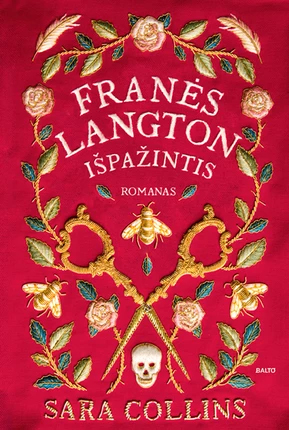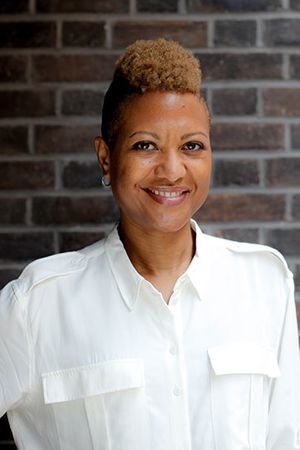What do you think?
Rate this book


384 pages, Hardcover
First published April 4, 2019
No one knows the worst thing they’re capable of until they do it.--------------------------------------
I never would have done what they say I’ve done, to Madame, because I loved her. Yet they say I must be put to death for it, and they want me to confess. But how can I confess what I don’t believe I’ve done?London, 1826. We know that George and Marguerite Benham are dead. We know that their mulatta Jamaica servant, Frannie Langton, has been charged with two counts of murder and is facing trial at the Old Bailey. We know that Frannie was reputed to have had a particularly intimate relationship with the Missus. And we know that Frannie was found asleep in Mrs. Benham’s bed when her mistress’s bloody body was found. We know that Frannie has refused to speak in her own defense. What we do not know is what really happened. Frannie herself can only recall parts of it. From her cell, she writes her story for her barrister, her confession.
I really wanted to write a gothic novel because I feel that the gothic is an amazing form for writing about the hidden darkness beneath the surface of things and all the terrors that we’d rather not speak about. - from the Foyles video
“I wanted a Jamaican woman in Jane Austen territory,” she says. “I wanted to see what would happen to someone like Frannie making her presence felt in these sophisticated Georgian drawing rooms.” - from the Guardian interview

I really wanted to write a gothic novel because I feel that the gothic is an amazing form for writing about the hidden darkness beneath the surface of things and all the terrors that we’d rather not speak about. I found in the course of researching it there were all these sinister experiments that had been taking place since the early seventeenth century, starting with skin, but through the centuries moving to measuring skulls and brains and intelligence which seemed to me to reflect a lot of obsession of other races, and so I wanted to explore that but I also wanted to look at the ways in which many of the upper class women in Georgian society were oppressed as well, and marriage was one of the key tools for that.-----Shelfie with Sara Collins - On books that inspired her

“But this is a story of love, not just murder, though I know that’s not the kind of story you’re expecting. In truth, no one expected any kind of story from a woman like me. No doubt you’ll think this will be one of those slave histories, all sugared over with misery and despair. But who’s wanting to read one of those. No, this is just my account of myself and my own life and the happiness that came to it, which was not a thing I thought I’d ever be allowed, the happiness or the account.”
“It is impossible to be both black and a woman. Did you know that. No one was asking me to given them any lectures. They allow some blacks to impress them. Men like Sancho, Equiano ... Yet I fail to see what was so impressive about them. They wrote, yes. But thousands could, if someone would bother to teach them. And everything they wrote was written for whites. Petitions. Appeals. It’s another of the world’ s laws. Blacks will write only about suffering, and only for white people, as if our purpose here is to change their minds. “
“I want the same thing Langton wanted. English publishers. And I know enough to know that a white man is the only person on God’s green earth who can get me one of those. “